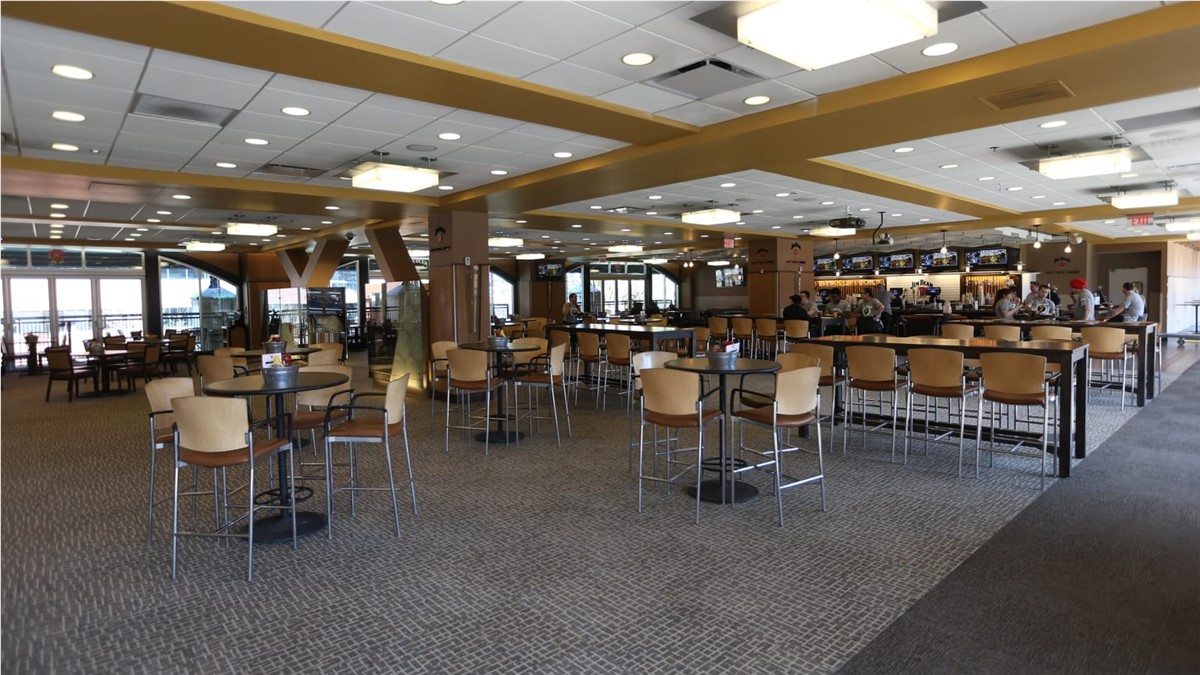
It’s no secret that Millennials, born between 1981-1996 (or some data experts even suggest between 1977-2004) now represent the largest homebuying segment in the U.S. They’re extremely tech-savvy, well-educated, multi-taskers who are also free-thinking and creative.
Like previous generations, finding an affordable home in an attractive area is key for Gen Y (the millennial generation that follows Gen X) and their families. But the motivating factor is tied more to the changing nature of work-from-home, student loans and a limited housing supply than simply looking for a solid investment.
Add to that drive for investment is a sense of urgency: A recent survey from Realtor.com and HarrisX found that COVID has fast-tracked nearly half of millennials’ plans to purchase a home sooner than they’d originally planned.
What else can we learn from this powerful demographic — made up of millions of 20- and 30-something adults? Whether you’re buying a house, selling your home, or just looking to move into a new place, according to the Washington Post there are six homebuying trends to watch for:
TREND 1: Surban is the new suburban.
The number of homes purchased in urban areas has been gradually declining each of the past three years, moving from 21 percent two years ago down to 15 percent last year. But Gen Y isn’t necessarily buying houses in their childhood suburban roots. Rather, they’re often looking for a mix of urban and suburban, hence the term surban: urban living with suburban affordability.
As Millennials have children, they’re looking for good schools, easy access to parks, and pedestrian-friendly shopping, while still wanting an abundance of restaurant, entertainment and transportation options nearby.
TREND 2: The rise of the 18-hour city.
Economists and real estate investors have coined the term “18-hour city” to mean smaller metro areas in the U.S. which are becoming more viable alternatives to the Big Six markets of Boston, Chicago, Los Angeles, New York, San Francisco and Washington, D.C. that make up America's first-tier, the “24-hour cities.”
As Millennials look for affordable recreation and entertainment, smaller cities with ample amenities, low unemployment and attractive homebuying prices are calling their names. CrowdStreet, a site for crowd-sourced real estate investments, notes that Austin, Denver, and Nashville stand out among 18-hour cities. In 2020, it identified Charleston, S.C. as the next big success story in the category. Other cities recently identified include: Columbus, Ohio; Boise, Id.; Tucson, Ariz.; Chattanooga, Tenn.; and Kansas City.
TREND 3: Moving Midwest.
With reasonable housing prices, Midwest cities like Madison, Wisconsin and Omaha, Nebraska are winning over Millennials, as many houses on the coasts start at a half million dollars — many millennials seek to purchase homes under $300,000. (According to the Harvard Kennedy School Institute of Politics, 79% of millennials also view student debt as a problem.) Lower unemployment rates coupled with recreational opportunities found in many college towns prove that homebuying in the Midwest is a good bet.
TREND 4: Going green.
Saving money and helping the environment? Going green is pure gold to Millennials who want energy-efficient amenities both inside and outside their home. From year-round gardening with easy-to-keep-alive plants to energy-saving LED lights, sustainability is a definite priority for Gen Y.
TREND 5: A shiny and new Rust Belt.
From Omaha to Buffalo, the Washington Post notes cities like Pittsburgh, Pa. which once boasted a heavy manufacturing sector, have recently seen a resurgence due to an influx of high-tech companies and industries. What’s so attractive? Millennials are drawn to the diversity, urban amenities, real estate value, and affordable cost-of-living. (Learn more about what makes Pittsburgh so appealing, here.)
TREND 6: The next tech hub.
With the pandemic drawing more companies to allow for remote work and tech companies exploding nationwide, having a “high-tech job” no longer requires a relocation service to move you to Silicon Valley. In fact, Austin, Texas has unofficially become the “Silicon Valley of the south” as companies like Google, Facebook, Amazon and Oracle all now operate offices there.
Whether you’re moving across town or relocating across state lines, professionals in your corner make sure all the details are taken care of. Contact the experts at George Moving and Storage today for your free quote!
Subscribe to George Moving and Storage's Blog














Comments